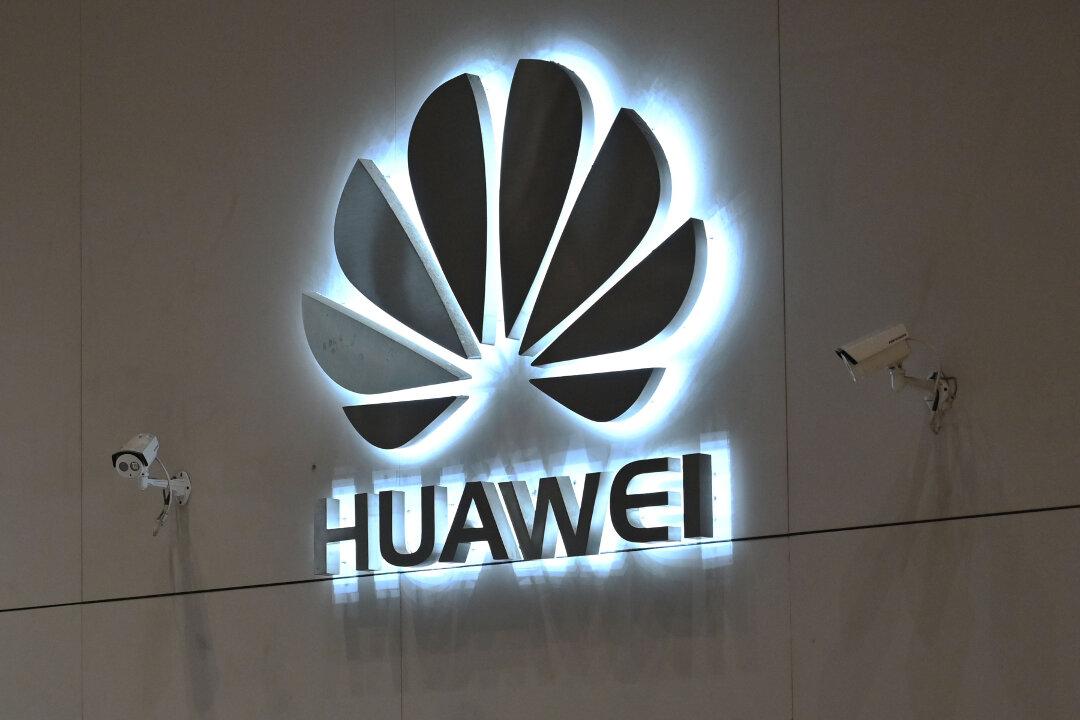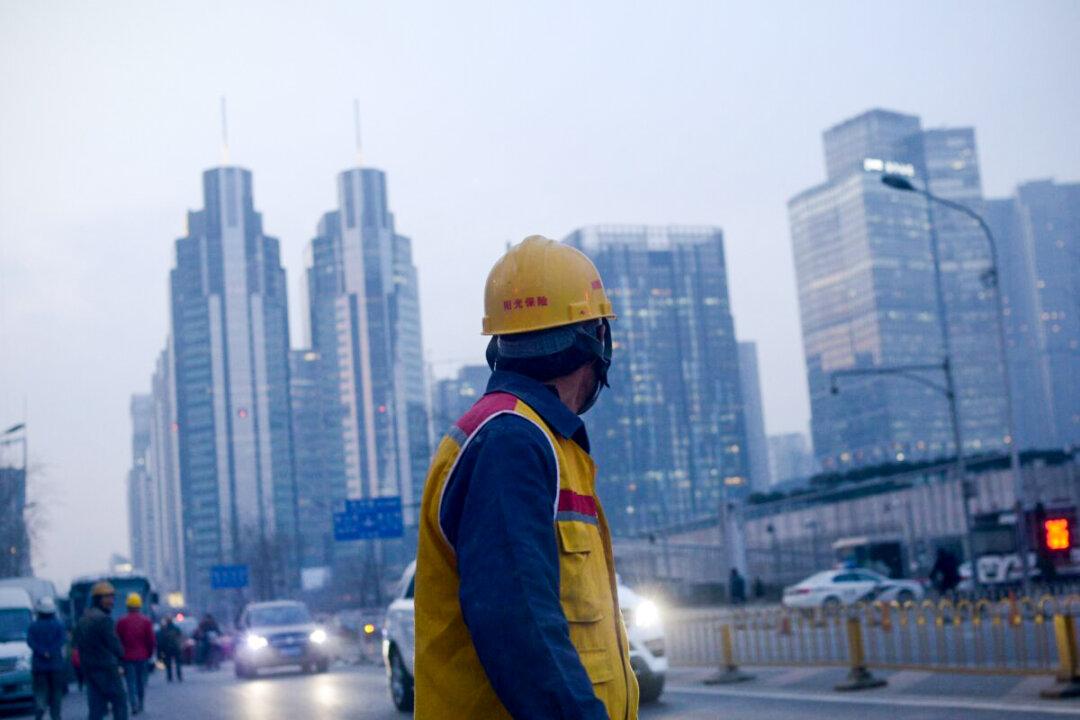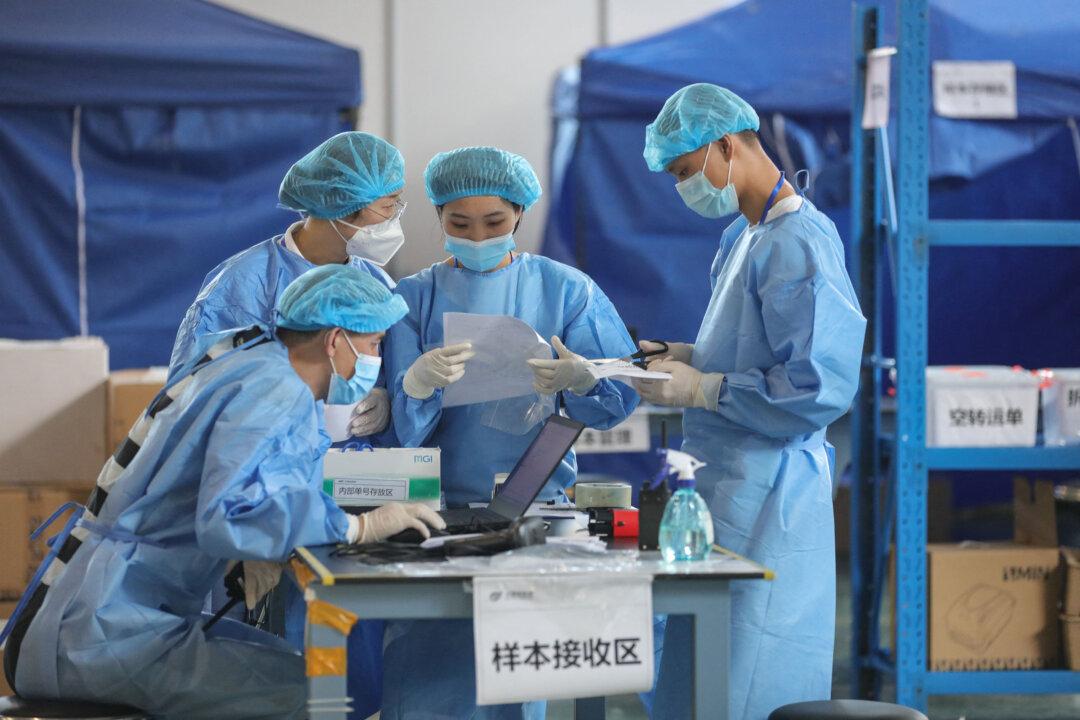Chinese tech-giant Huawei has backed out of releasing its newest laptop after losing its footing in the United States market after tech bans put in place by President Donald Trump, according to a CNBC report on June 11.
This is the first instance of Huawei canceling a product launch since the tech ban was put in place. Huawei’s technology still relies on critical hardware and software from U.S. companies.





